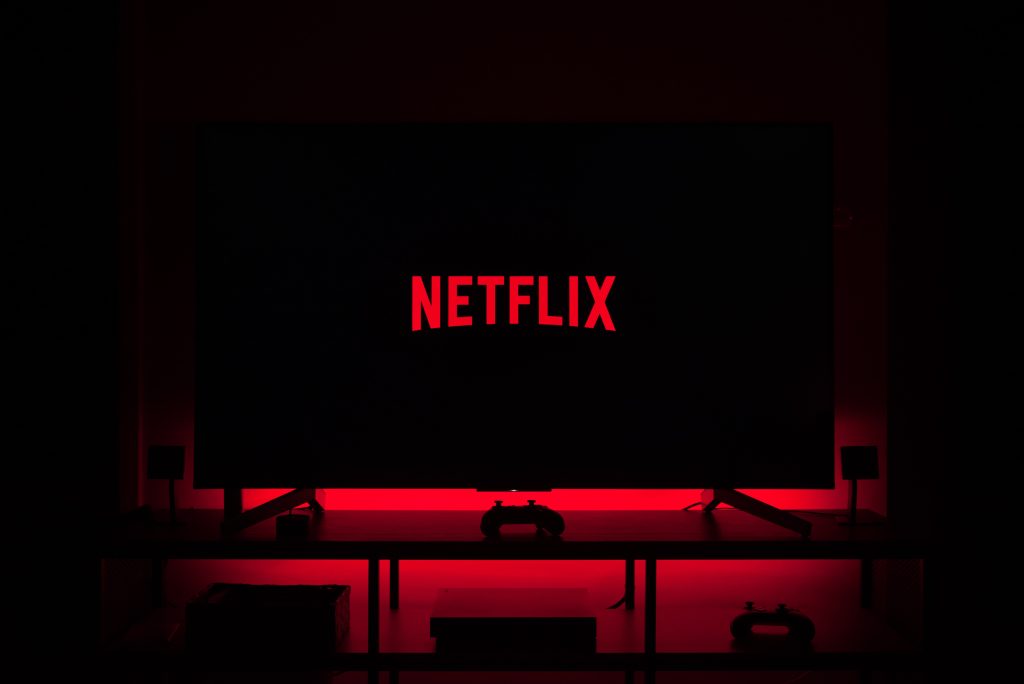Netflix (NFLX) will stop reporting subscriber figures at the start of next year. That doesn’t sit well with Wall Street.
The stock fell as much as 9% on Friday following the news, which was revealed as part of the company’s first quarter earnings report the day prior. It’s a surprising announcement, especially for an industry that’s historically tied company performance to subscriber gains or losses.
Along with subscribers, the company will also stop reporting a key profitability metric — average revenue per member, or ARM.
Netflix’s first quarter earnings beat across the board, but disappointing Q2 and full-year revenue forecasts overshadowed the results. That, coupled with the streamer’s plans to scrap membership metrics, added to investor anxiety about whether or not recent growth momentum can be sustained over the long term.
“While still early, the potential concern is subscriber growth had significantly decelerated in 2022 (prior to the implementation of [Netflix’s password sharing crackdown]),” Bank of America analyst Jessica Reif Ehrlich wrote in a note to clients on Friday. “This could be a harbinger of decelerating subscriber growth in the future.”
It’s been about a year since Netflix first implemented its password crackdown, which targeted 100 million global users sharing accounts. Analysts say the move contributed to the bulk of the streamer’s new subscriber additions in recent quarters as viewers who were using the accounts of friends or family members suddenly had to get their own.
So far, the initiative has paid off, with the company adding 9.3 million subscribers in Q1 after 13 million subscribers were added in the fourth quarter.
But Wall Street seems convinced the benefits of the crackdown are beginning to dwindle.
“We do believe the lowest hanging fruit has already been captured,” MoffettNathanson analyst Michael Nathanson wrote on Friday. “Netflix has talked about expanding its crackdown into previously untouched mobile users, though it is unclear how large this opportunity is and remains to be seen whether this effort can deliver similar results.”
In other words, the move to no longer report subscribers “can be read more cautiously that subscriber growth has indeed peaked — particularly in higher ARM markets — and a deceleration may lie ahead,” he warned.
Nathanson maintained his Neutral rating on shares but raised his price target by $5 to $505 a share.
Citi analyst Jason Bazinet agreed, “The stock really worked because the company has been beating net adds. The Street knows it’s on password sharing. What they want to see is, when we begin to lap some of these password-sharing benefits, what’s going to carry the water? How are they going to get these net adds?” “That’s why there’s so much anxiety,” he continued. “It implies to someone that there isn’t really a natural transition to continue sub growth [post-password sharing.]”
Netflix said it came to the decision due to what it described as an evolution of its revenue model. Basically, the company’s leadership thinks membership growth is no longer as reflective of its success or failure.
New rollouts like an advertising tier and “extra member” fees “are things that aren’t directly connected to the number of members,” Netflix co-CEO Greg Peters explained during the company’s earnings call.
Additionally, the company has “evolved our pricing and plans with multiple tiers and different price points across different countries,” Peters said. Therefore, he said, “each incremental member has a different business impact.”
CFRA analyst Ken Leon disagreed with that position, saying he believes “Netflix made a mistake” by removing the data.
Netflix “says the business is broader with other revenue streams. And yet, investors like advertisers want to know what is the subscriber base by total/regions,” he said. Leon maintained his Buy rating but cut his price target by $10 to $640 a share.
Still, others remain optimistic that the change could be beneficial as the company matures.
According to Macquarie analyst Tim Nollen: “Investors will complain about lack of metrics to use, but we welcome the decision — recall Apple did this with iPhone units to focus the Street toward more important fundamental metrics — with the hope that Netflix will provide more meaningful engagement metrics and more ad tier-related info over time.”



